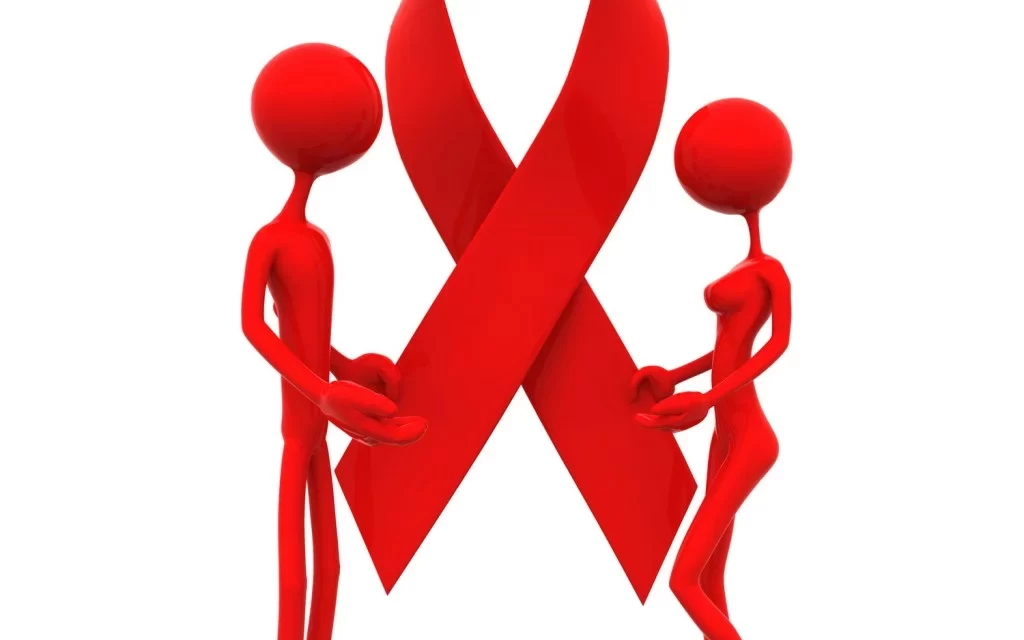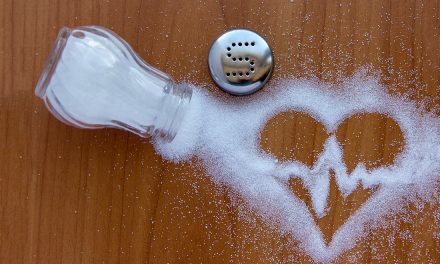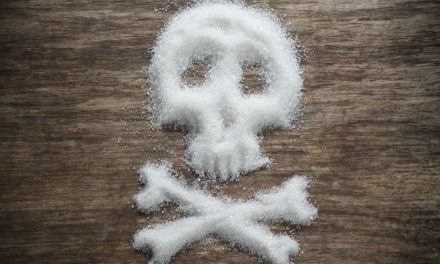Both the viral load of the infected person (the amount of virus present in the blood) and the virulence of the virus of the transmitting person (the ability of the microorganism to cause the disease) are involved in the knowledge of HIV to infect.
Anal sex is driving the HIV epidemic among gay and bisexual men. Also, a sizeable proportion of heterosexuals engage in anal intercourse but use condoms less often than vaginal sex. This may be having an effect on heterosexual epidemics in sub-Saharan Africa and elsewhere.
The practices from highest to lowest risk of HIV transmission are:
√ Blood transfusion from an HIV+ person (90%).
√ Unprotected receptive anal intercourse with an HIV+ male (0.5-3%)
√ Exchange of syringes with an HIV+ patient (0.67%).
√ Percutaneous puncture with a needle from an HIV+ patient (0.3%).
√ Receptive vaginal intercourse (0.05-0.8%) (an HIV+ woman, vaginal intercourse).
√ Insertive vaginal or anal intercourse (0.05-0.065%) (an HIV+ woman, anal or vaginal sex).
√ Insertive or receptive orogenital sexual intercourse (0.005-0.01%).
How do you get HIV from someone who is infected?
HIV can be spread if:
- The same needle is shared, for example, to inject drugs
- You have anal, vaginal, or oral sex with that person
If the vagina, anus, or inside of the tip of the penis comes into contact with blood or other body fluids from the infected person, the healthy person could become infected.
It is also possible to become infected if the eyes or mouth makes contact with such HIV-containing blood or fluids, although the risk is lower.
It is implausible that you will get HIV if the only thing that comes into contact with blood or other body fluids is your skin.
The most dangerous body fluids are blood and juices from the penis, vagina, and anus during sex.
Other body fluids are less dangerous as long as they are not mixed with blood, for example, urine, saliva, sweat, or tears.
Human bites are rare, but HIV can be passed from person to person if one person is infected and the taste breaks through the skin.
Can I reduce my chances of getting HIV even after I’ve been exposed to the virus?
In some cases, yes.
Some treatments can reduce the risk of contracting HIV, called post-exposure prophylaxis, but they must be started within three days of exposure to the virus.
If you think you have been exposed to HIV, you should see your doctor right away.
If an unusual event occurs, such as condom breakage, unprotected sex, or rape, these treatments may help.
Although it should be noted that the risk of contracting HIV after exposure is usually shallow, it is always best to discuss the risk of contracting HIV with your doctor. He can give you the best advice after an exhibition. It would help if you did not try to determine your risk of contracting HIV on your own.
It should also be noted that medicines to prevent HIV after exposure are not for people at risk of continued exposure. In other words, these treatments are ineffective if you often have unprotected sex in risky situations or use contaminated needles.
How likely am I to get HIV after accidental exposure?
It depends on some factors:
- The way you were exposed. Some types of exposure are more dangerous than others. For example, even though it is possible to get HIV from oral sex, that is unusual. On the other hand, sharing contaminated needles is a high risk. Also, anal sex is more dangerous than vaginal sex.
- If you have any wound or cut in the exposed area of the body. People with open wounds or sores are more likely to become infected. For example, if you have herpes sores on your genitals, your risk of getting HIV increases.
- If the body fluids you were exposed to came from a person with HIV, the risk of transmission depends on the viral load. The trouble is low if the person has HIV but is on treatment. Suppose a person has HIV and has a large amount of virus in their blood (high viral load), the risk of getting HIV increases.
What will the doctor do when I explain my case?
√ The first thing that is done is the HIV test to determine if you were already infected with the virus before that risky contact. If so, there is no point in giving you the medicines to prevent HIV infection since what you have to do is treat the infection.
√ Next, the doctor will talk with you about your chances of being infected and what you can do about it. A.M You, your doctor, and you must decide if HIV medicines are right for you based on your chances of being infected and how you feel about the risks and benefits of the drugs.
√ If you both decide that you should follow post-exposure precautions, you will be prescribed three different drugs. It would be best if you started taking them as soon as possible and for a month.
√ If the person who exposed you is willing to be tested, the doctor may do so. If the person who told you does not have HIV, you should not continue with post-exposure prophylaxis.
√ Your doctor may also do other tests to check for infections that can be spread during sex or by sharing needles and may suggest treatment.
What are the risks or side effects of HIV post-exposure prophylaxis?
Side effects vary depending on the therapeutic regimen that is decided. Ask your doctor what side effects you can expect and what to do about them.
If you are or might be pregnant, tell your doctor. Some medicines are not safe for pregnant women, so your doctor needs to know if you are or may be pregnant.
What happens after I finish taking the medicines?
Your doctor will test you again to see if you are infected with HIV. These tests are performed six weeks, three months, and six months after exposure.
Your doctor should ensure you are not pregnant if you are a woman.
It would be best if you took all the medicines the doctor prescribes. Even so, if you take all the medication prescribed for you, there is no guarantee that you will not get an infection. Medicines improve your chances of getting the disease but don’t always prevent it. Therefore, it is best not to share needles or have unprotected sex.
In the weeks afterward, you should watch for symptoms of acute HIV infection, such as:
Fever
Swollen glands
Throat pain
Sores in the mouth, penis, anus, or vagina
Pain in muscles and joints
Diarrhea
Headache
nausea or vomiting
WeightlossIf you notice any symptoms that worry you, call your doctor.
What else should I do?
Until you are sure whether or not you have HIV after a risk exposure, use condoms during sex, or don’t have sex and don’t donate blood, sperm, or tissue. Otherwise, if it turns out that you contracted HIV that day, you could infect other people.





